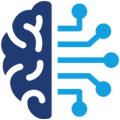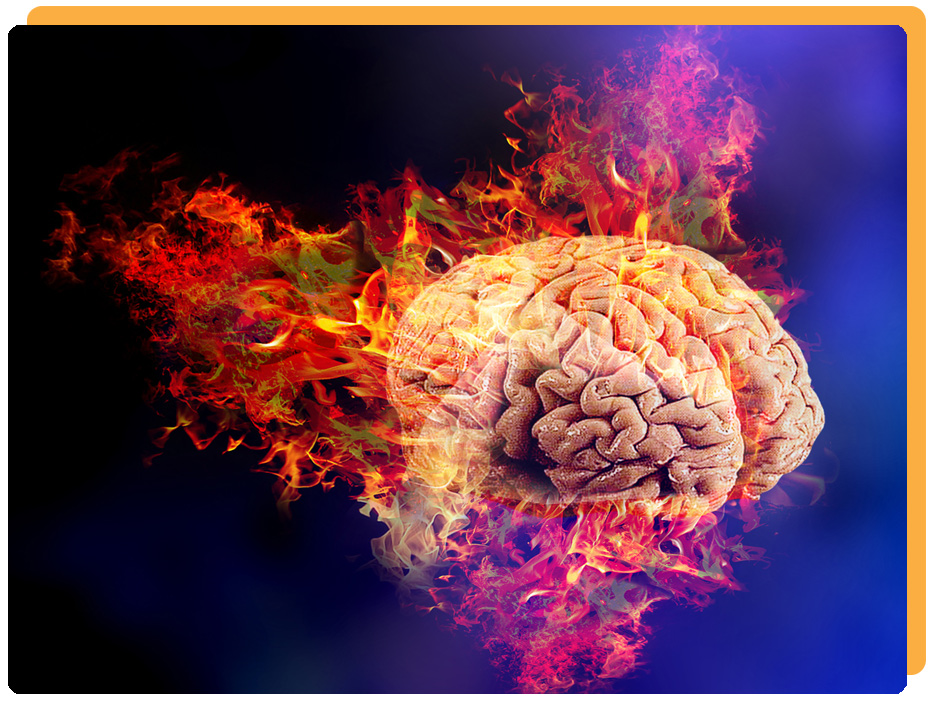Late Onset ADHD
Attention deficit/hyperactivity disorder (ADHD) is typically viewed as a behavioral disorder that impacts only children. To be diagnosed with ADHD, symptoms must have started before age 12. However, new research suggests that you can develop ADHD as an adult.
Late-onset ADHD has long been perceived as merely a continuation of ADHD that went undiagnosed in childhood. But several studies now dispute that view, claiming adults can develop ADHD behaviors and that these patients may have a separate and distinct syndrome. 3
Late onset ADHD: a distinct syndrome
Several studies indicate that adolescents and adults can, in fact, develop late onset ADHD and that symptoms may not be the result of an undiagnosed childhood disorder. One study found that 85% of people with late onset ADHD did not have the disorder as a child. “The findings of this study do not support the assumption that adulthood ADHD is necessarily a continuation of childhood ADHD.” 1
Another study found, 90% of adult ADHD cases did not have a history of childhood ADHD. 2 Therefore, they concluded, individuals can develop late onset ADHD as an adult and this “may be a syndrome distinct from childhood-onset ADHD.” 3
A variety of factors can impact whether an individual develops ADHD, either in childhood or as an adult. These can include genetics, environmental influences, and dietary habits. Multiple studies indicate that even infections can cause both new and late onset ADHD.
Infections trigger ADHD-like symptoms
Common infections, which are often ‘subclinical’ and do not produce any outward physical symptoms, can cause neuropsychiatric symptoms and behavioral changes, including ADHD. For instance, studies have found that strep infections can cause ADHD-like symptoms in children. 4 And researchers have found that “streptococcal infections and autoimmune reactions against the basal ganglia are more frequent in ADHD patients.” 5
Enteroviruses have also been associated with developing late onset ADHD. Studies have shown that some patients with this virus experienced “increased symptoms of inattention, hyperactivity, oppositional defiance, internalizing problems, and increased likelihood of ADHD diagnosis.” 6
A common herpes virus (cytomegalovirus (HCMV), is believed to be responsible for a subset of ADHD cases. 7 Other infections linked to symptoms of ADHD include: Candida albicans (a common yeast infection); allergic diseases (i.e. atopic eczema, chronic sinusitis, allergic rhinitis) 8; varicella-zoster virus (VZV), which causes chickenpox; herpes zoster (the shingles virus); middle ear infections 9 and allergic conjunctivitis. 10 Even an infection with Borrelia burgdorferi (the bacteria causing Lyme disease) can trigger symptoms that mimic ADHD. 11
Could your ADHD be due to an immune dysfunction?

Take Our Quiz
Answer a few questions to find out if you might benefit from testing with the Autoimmune Brain Panel™.

Learn More About Testing
Are you struggling with late onset ADHD? It may be due to an autoimmune response.

Immune dysfunction induces ADHD
How do infections trigger ADHD-like behaviors? In some individuals, infections (i.e., strep, influenza, mycoplasma, Epstein Barr virus and Lyme disease) can trigger an abnormal immune response, whereby antibodies mistakenly attack healthy cells in a region of the brain, known as the basal ganglia.
This autoimmune reaction can disrupt how the receptors function and cause neuroinflammation (brain inflammation), resulting in the onset of symptoms that mimic ADHD. In fact, studies suggest that substantial evidence supports the hypothesis that neuroinflammation plays an important role in the development of ADHD. 12
Identifying whether a patient’s ADHD symptoms may be due to an underlying autoimmune component is imperative, since treatment focuses on eradicating the infection(s), reducing brain inflammation and treating the immune system with immunomodulatory therapies.
This autoimmune reaction can disrupt how the receptors function and cause neuroinflammation (brain inflammation), resulting in the onset of symptoms that mimic ADHD. In fact, studies suggest that substantial evidence supports the hypothesis that neuroinflammation plays an important role in the development of ADHD. 12
Identifying whether a patient’s ADHD symptoms may be due to an underlying autoimmune component is imperative, since treatment focuses on eradicating the infection(s), reducing brain inflammation and treating the immune system with immunomodulatory therapies.
References
- Caye A, Rocha TB, Anselmi L, et al. Attention-Deficit/Hyperactivity Disorder Trajectories From Childhood to Young Adulthood: Evidence From a Birth Cohort Supporting a Late-Onset Syndrome. JAMA Psychiatry. 2016;73(7):705–712.
- Moffitt TE, Houts R, Asherson P, et al. Is Adult ADHD a Childhood-Onset Neurodevelopmental Disorder? Evidence From a Four-Decade Longitudinal Cohort Study. Am J Psychiatry. 2015;172(10):967–977.
- Agnew-Blais JC, Polanczyk GV, Danese A, Wertz J, Moffitt TE, Arseneault L. Evaluation of the Persistence, Remission, and Emergence of Attention-Deficit/Hyperactivity Disorder in Young Adulthood. JAMA Psychiatry. 2016;73(7):713–720.
- https://www.webmd.com/add-adhd/childhood-adhd/news/20000512/strep-infections-associated-adhd WebMD. Strep infections may be associated with ADHD. May 12, 2000.
- Toto, M., Margari, F., Simone, M., Craig, F., Petruzzelli, M. G., Tafuri, S., & Margari, L. (2015). Antibasal Ganglia Antibodies and Antistreptolysin O in Noncomorbid ADHD. Journal of Attention Disorders, 19(11), 965–970.
- Susan Shur-Fen Gau, Luan-Yin Chang, Li-Min Huang, Tsui-Yen Fan, Yu-Yu Wu, Tzou-Yien Lin. Attention-Deficit/Hyperactivity–Related Symptoms Among Children With Enterovirus 71 Infection of the Central Nervous System. Pediatrics Aug 2008, 122 (2) e452-e458.
- Zhou R, Xia Q, Shen H, Yang X, Zhang Y, Xu J. Diagnosis of children’s attention deficit hyperactivity disorder (ADHD) and its association with cytomegalovirus infection with ADHD: a historical review. Int J Clin Exp Med. 2015;8(8):13969–13975. Published 2015 Aug 15.
- Romanos M, Gerlach M, Warnke A, et al. Association of attention-deficit/hyperactivity disorder and atopic eczema modified by sleep disturbance in a large population-based sample. Journal of Epidemiology & Community Health 2010;64:269-273.
- Andrew R. Adesman, Lisa A. Altshuler, Paul H. Lipkin, Gary A. Walco. Otitis Media in Children With Learning Disabilities and in Children With Attention Deficit Disorder With Hyperactivity. Pediatrics Mar 1990, 85 (3) 442-446.
- Jeng-Dau Tsai, Shih-Ni Chang, Chih-Hsin Mou, Fung-Chang Sung, Ko-Huang Lue. Association between atopic diseases and attention-deficit/hyperactivity disorder in childhood: a population-based case-control study. Annals of Epidemiology. Volume 23, Issue 4, 2013, Pages 185-188.
- Brian A. Fallon, Janice M. Kochevar, Andrea Gaito, Jenifer A. Nields. The underdiagnosis of neuropsychiatric Lyme disease in children and adults. Psychiatric Clinics of North America, Volume 21, Issue 3, 1998, Pages 693-703.
- Geoffrey A. Dunn, Joel T. Nigg, Elinor L. Sullivan, Neuroinflammation as a risk factor for attention deficit hyperactivity disorder, Pharmacology Biochemistry and Behavior, Volume 182, 2019, Pages 22-34, ISSN 0091-3057, https://doi.org/10.1016/j.pbb.2019.05.005
